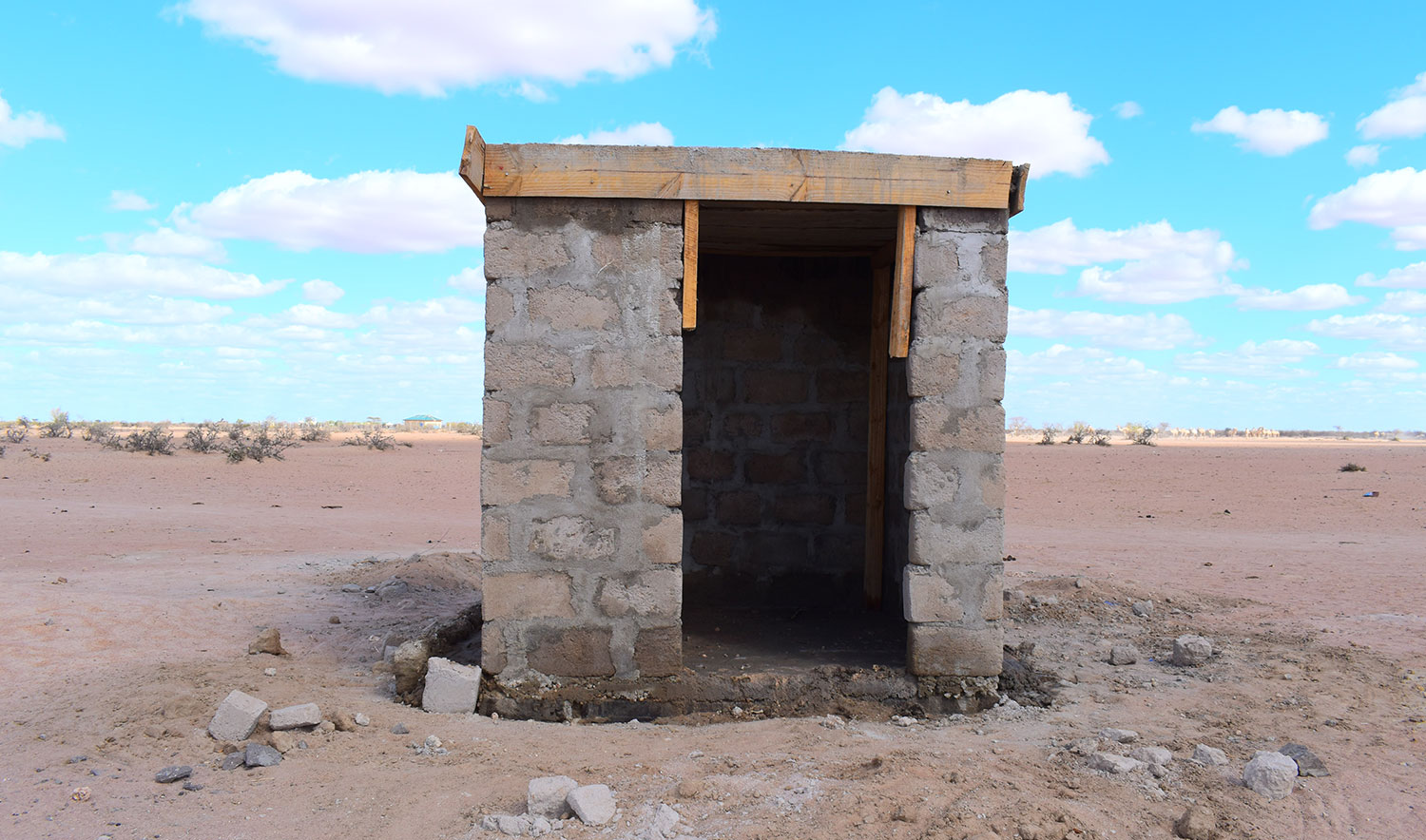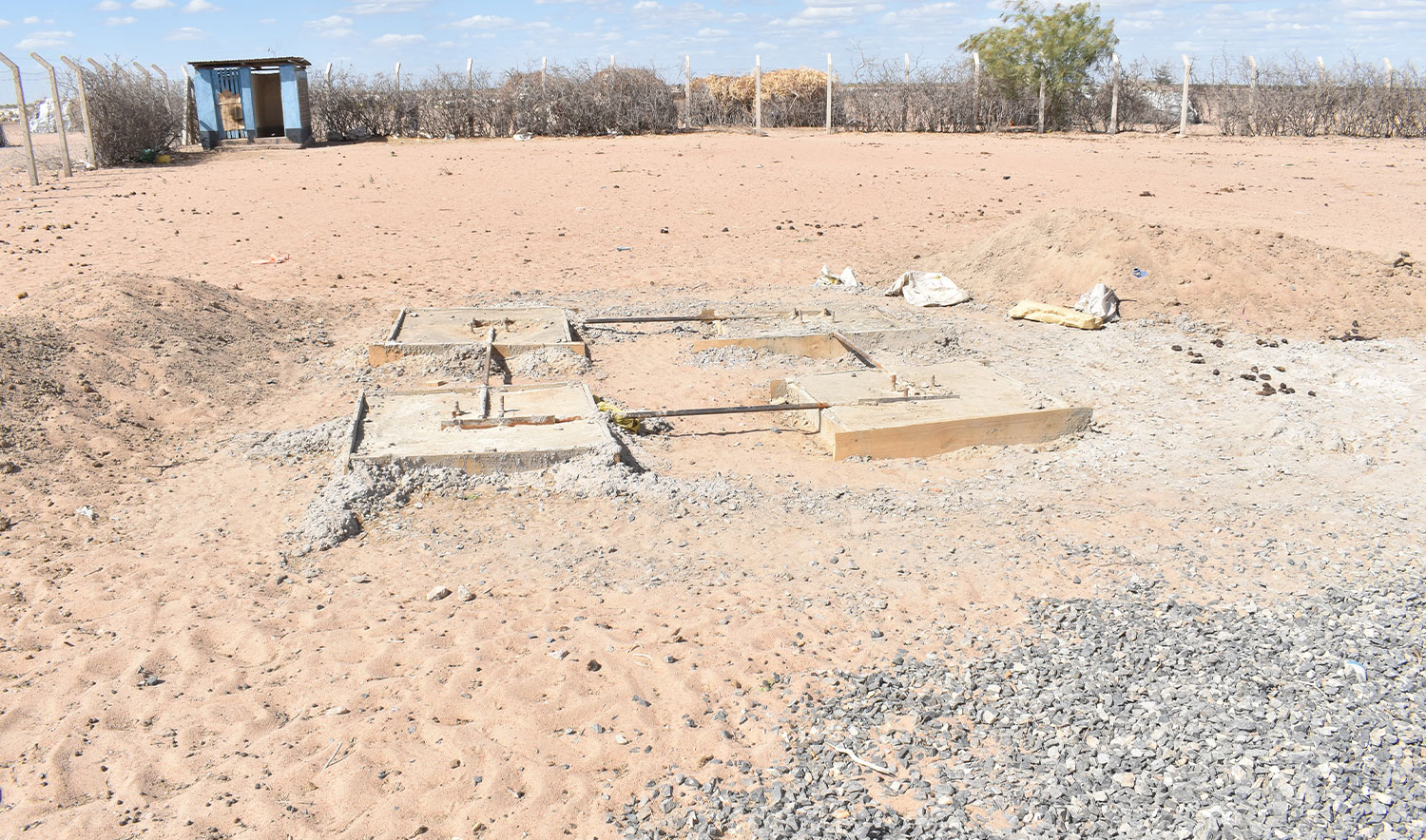Water, Sanitation & Hygiene (WASH) Programme
"Promoting long-term development through access to water and sanitation for all"





"Promoting long-term development through access to water and sanitation for all"





According to WHO and UNICEF’s 2019 WASH joint monitoring programme report, only 14% of Kenyans have access to hand-washing facilities with soap and water at home, with only 29% access sanitary services and 59% with access to basic water services. The situation is dire in North Eastern parts of the country where investment in infrastructural services including piped water and pit latrines for public spaces as well as household levels has been marginal. As a result, water and sanitation-related diseases are among the leading causes of death for under five-year-old children. Achieving universal access to drinking water and sanitation by 2030 will be a major challenge for the country.
RRDO’s work under the Water, Sanitation and Hygiene (WASH) programme aims to contribute to, and sustain improvements in water and sanitation access and services while improving complementary hygiene behaviors in schools and household levels at refugee settlements and host communities. More specifically, RRDO has drilled and equipped boreholes, constructed water outlet through water kiosks, installed elevated water tanks, constructed latrines as well as water troughs for livestock. To ensure sustainability of the water projects, RRDO facilitates targeted communities to form Water Users Association (WUA), as well as equipping local communities with necessary skills to operate and maintain the water pumps and the diesel powered generators.
Some of the ongoing as well as completed WASH projects that are/have been implemented by RRDO include the ongoing Kenya Development Response to Displacement Impacts project (KDRDIP) that is funded by the World Bank through the Government of Kenya. Through component one of the project – social and economic infrastructure and services – the project is supporting improvements in access to basic services including water supply, sanitation and hygiene services among across 38 villages of the 12 wards from both Lagdera and Dadaab Sub-counties.
The Weldoni Host Community Water Supply Project implemented between 2012 and 2013 with funding from the Norwegian Refugee Council (NRC) facilitated the drilling of a borehole as well as the construction of 80M3 liters reservoir masonry tank for water storage. Further, two water troughs and two water kiosks were constructed, thus promoting access to water for domestic and livestock consumption. More than 2,000 people and 30,000 livestock benefited as a result. To improve access to portable water for domestic and livestock consumption by drilling and equipping one community borehole for 700 people & 30,000 livestock in Weldon village within a period of three months.
The Dadaab Community Water Project, funded by the Unitarian Universalist Service Committee (UUSC) was implemented in Dadaab sub-county between 2011 and 2012. The project provided water and sanitation solutions for 3,000 vulnerable households, improved health and hygiene for 900 households through construction of 30 community latrines; improved knowledge, attitudes and practices on health and hygiene among 3,000 pastoral dropout families and improved governance in the management of water resources as well as in three outskirt villages in Dadaab town.
Adding {{itemName}} to cart
Added {{itemName}} to cart